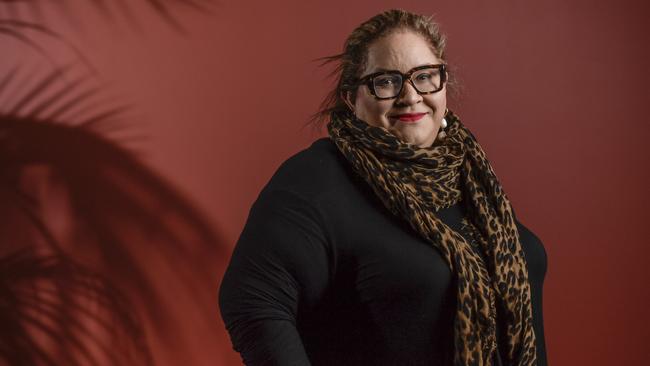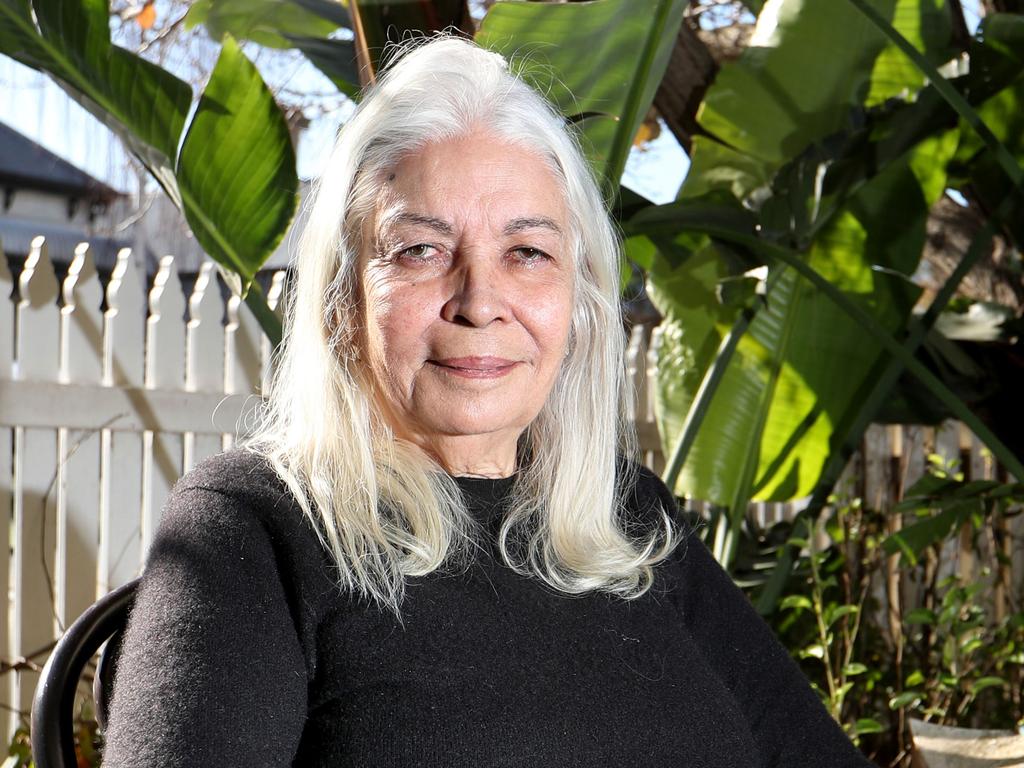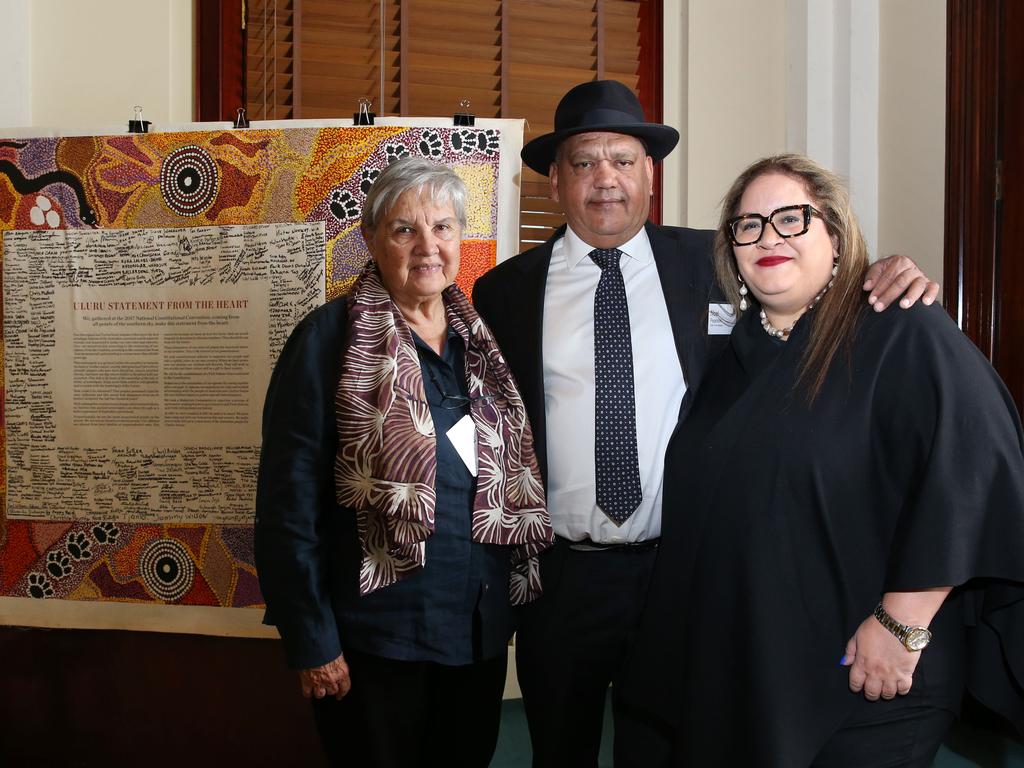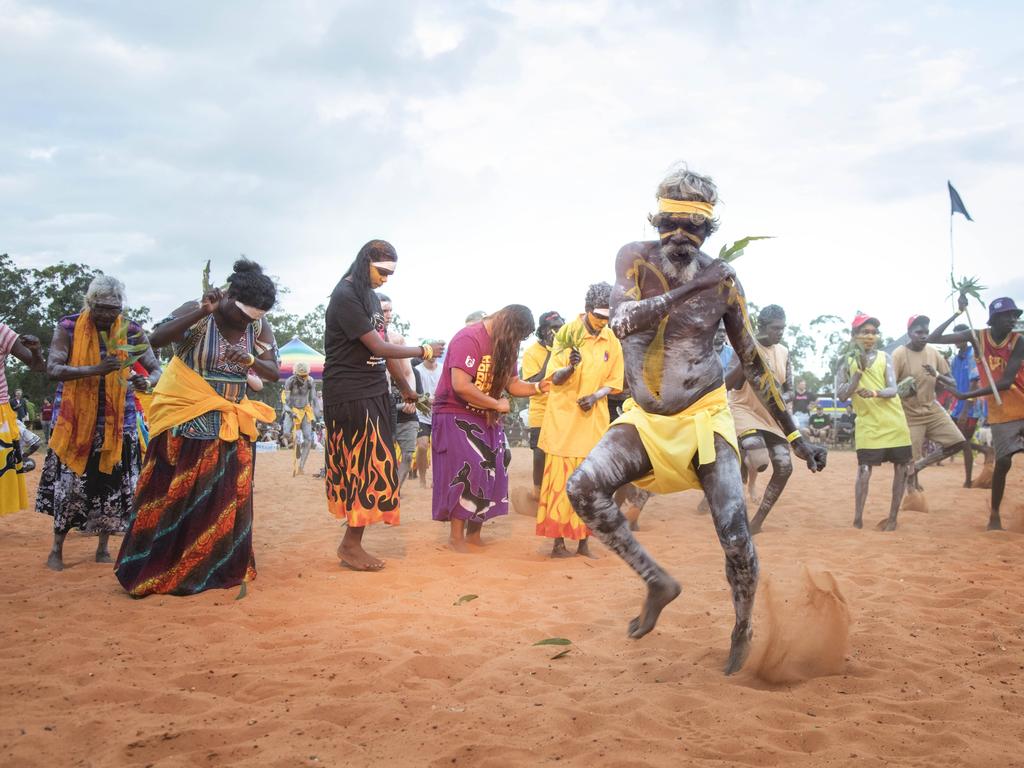Voice ‘the final step’ of Mabo ruling: Megan Davis
An Indigenous voice is the final part of the political settlement that followed the 1992 Mabo decision, says constitutional law scholar.

An Indigenous voice is the final part of the unfinished political settlement that followed the landmark Mabo High Court decision in 1992, says one of the country’s most respected constitutional law scholars.
Megan Davis, the Balnaves Chair in constitutional law at the University of NSW and a prominent Indigenous leader, says the Native Title Act was never meant to be the only part of the political response to the historic decision.
The unfinished nature of the response had left many Indigenous families and communities divided and fatigued, Professor Davis will say in the Mabo Oration in Adelaide on Thursday.
Her explicit linking of the Mabo High Court decision and the voice comes amid debate about whether a new body, which would enable Indigenous input into policy and legislation that impacts Aboriginal communities, should be legislated or enshrined in the Constitution.
Professor Davis will say the Uluru statement, from which the idea of a voice is drawn, would fill the void left by a social justice package promised – but never implemented – in response to the Mabo High Court decision.
She will describe that package as a long-forgotten third step, after the legislation that set up the native title system and the Indigenous Land Fund used to build what Paul Keating described as “the Indigenous estate”.
She will also argue that social justice rights and reform fell away to silence after Mabo and the 2017 Uluru statement will achieve some of the goals it was meant to.
In the dialogues with Indigenous people around Australia that culminated in the Uluru statement, she described how the consequences of the undelivered social justice package emerged.
“We see the impact of the failure to deliver the third arm of the Mabo settlement in the impact of Native Title on communities today – as raised at nearly every Regional Dialogue preceding the Uluru Constitutional Convention in 2017 and due largely to this lack of further reform and justice measures for Aboriginal and Torres Strait Islander peoples,” Professor Davis will say, according to an early draft of her speech.
“For some, native title has been good and delivered economic outcomes; for others, the process of native title claimant application has been deleterious to social cohesion in communities.”
“When there was discussion of treaties, it became very apparent in dialogue after dialogue that those First Nations delegates mostly drawn from the traditional owner base selected by land councils understood acutely the lack of leverage we have as a peoples to enter into negotiations with the state on treaty,” she will say.
“We heard communities speak about the impact native title processes have had on family relationships and community social cohesion in many dialogues.
“We heard from those who are actively engaged in agreement-making the fatigue that comes with agreement-making, which as we know in other jurisdictions is a highly specialised legal field and will require a huge amount of support and resources to bring nations to a threshold required for fair treating with the state.”
Professor Davis will deliver the Mabo Oration as the Morrison government supports work towards a legislated Indigenous voice, a mechanism to oblige all levels of government to listen to Aboriginal and Torres Strait Islander people on the decisions and policies that affect them.
The co-design of the Voice is well advanced but not finished and is being overseen by two of Australia’s most prominent Indigenous leaders, voice co-chairs Marcia Langton and Tom Calma.
The Uluru statement called for an Indigenous voice that was not only legislated but enshrined in the Constitution, but the form the voice should take has become a subject of public debate.
Professor Davis says legislating the voice first would be “like putting a pin prick in a balloon”.
“If a legislated voice is successful and keeps the government accountable, no government will want it enshrined. If a voice is unsuccessful, no one will want it enshrined anyway,” she will say.
“It will be a missed opportunity for the nation 29 years after Mabo and 27 years since (it) committed to a social justice response.”
Professor Davis will use the Mabo Oration to argue that in Australia in 2021, Indigenous people are held accountable and responsible for what happens in Indigenous affairs even though they have very little say.
“We have none of the power and all of the blame,” she will say.
“In the Uluru statement, we are saying give us the reins, give us control and we are happy to be fully accountable.”








To join the conversation, please log in. Don't have an account? Register
Join the conversation, you are commenting as Logout